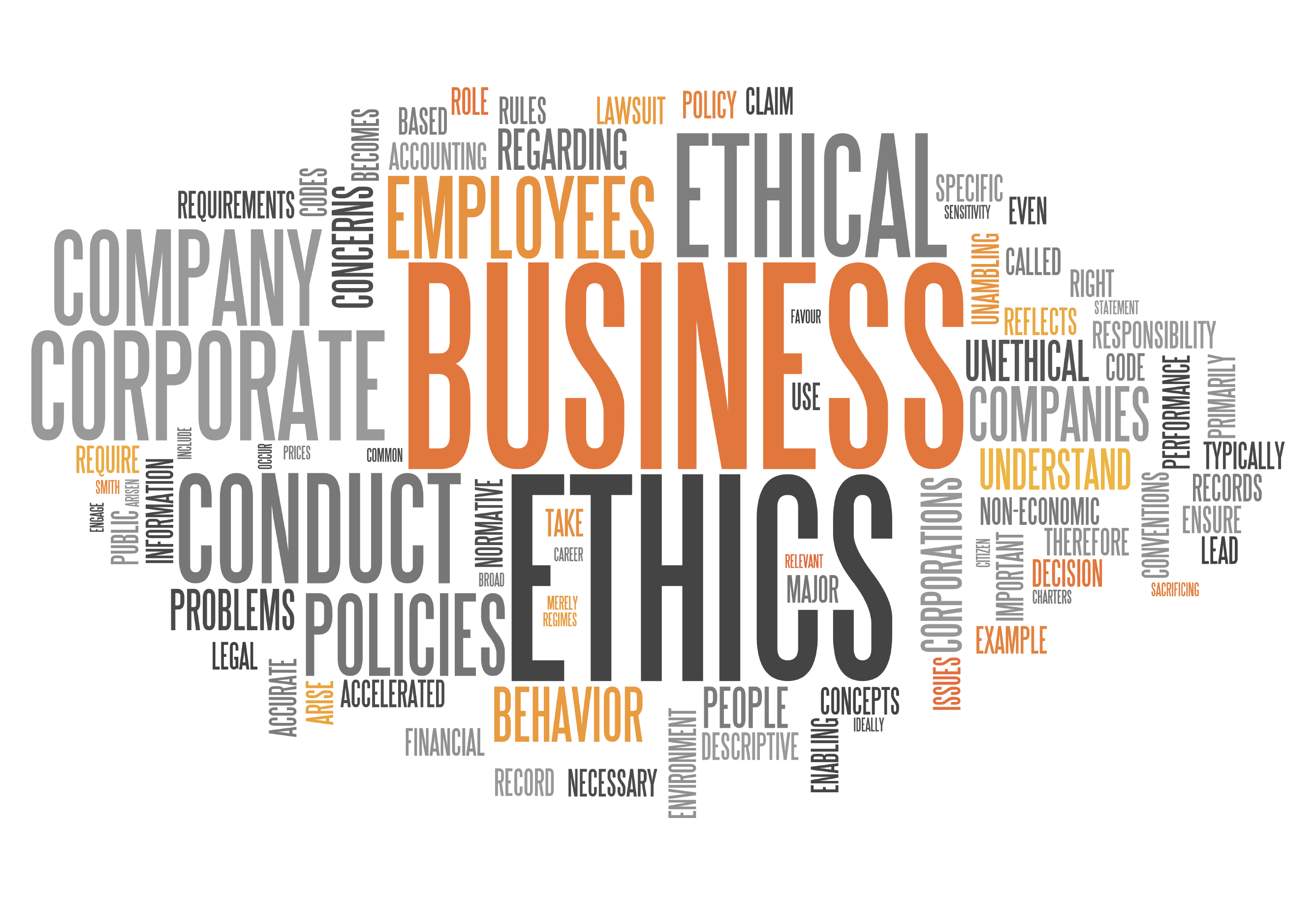
Depending on the size of the organization, certain roles may prove useful in managing ethics in the workplace. These can be full-time roles or part-time functions assumed by someone already in the organization. Small organizations may opt to combine these roles into one or add onto existing employee’s portfolios. However, the following functions points out responsibilities that should be included somewhere in the organization:
- The organization's chief executive must fully support the program by announcing, championing and role modelling the ethics program.
- Consider establishing an ethics committee at board level tasked to oversee development and operation of the ethics management program.
- Consider establishing an ethics management committee tasked with implementing and administrating an ethics management program, including administrating and training about policies and procedures, and resolving ethical dilemmas. The committee should be comprised of senior officers.
- Consider assigning/developing an ethics officer whose role is usually to be the expert on matters of ethics in the workplace, particularly about resolving ethical dilemmas.
- Consider establishing an ombudsperson responsible to help coordinate development of the policies and procedures to institutionalize moral values in the workplace. This position usually is directly responsible for resolving ethical dilemmas by interpreting policies and procedures. Note that one person must ultimately be responsible for managing the ethics management program.
Ethics Tools
The diagram below shows the continuous cycle of managing an ethics program in your organisation. Initially, this cycle will be used to develop an ethics management program in your organisation. After full implementation, these steps need to be repeated at least annually to review your current process and make the necessary adjustments and corrections to your program. This continuous management of your ethics program will prevent it from becoming a file in the cabinet as opposed to a working document which should be entrenched in the organisation’s being.
